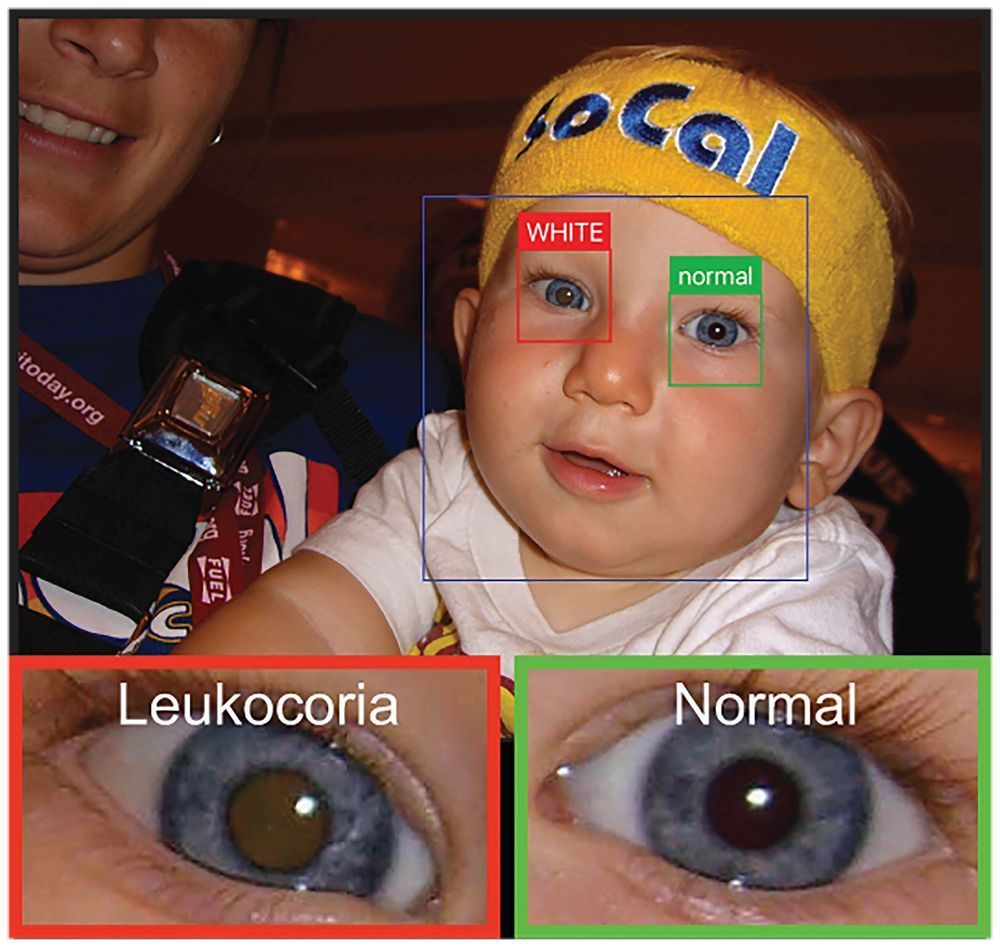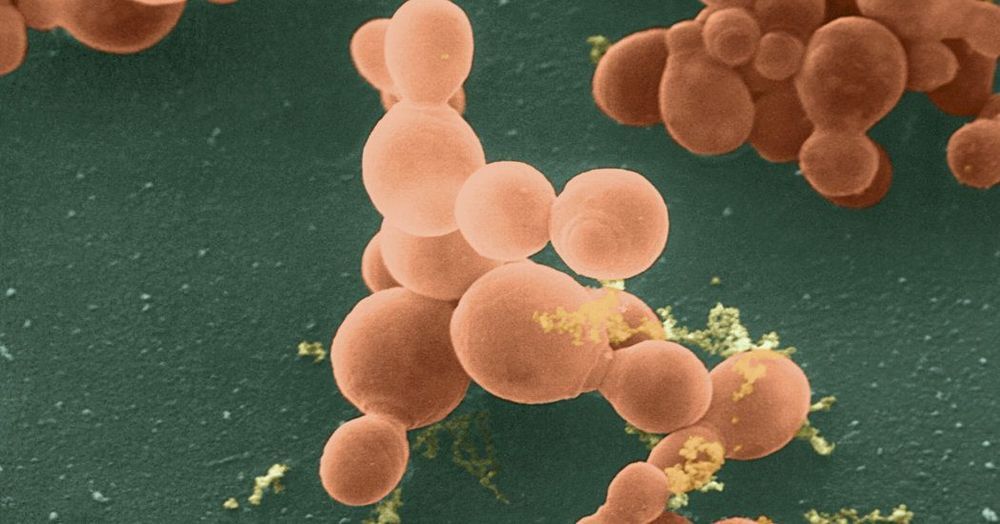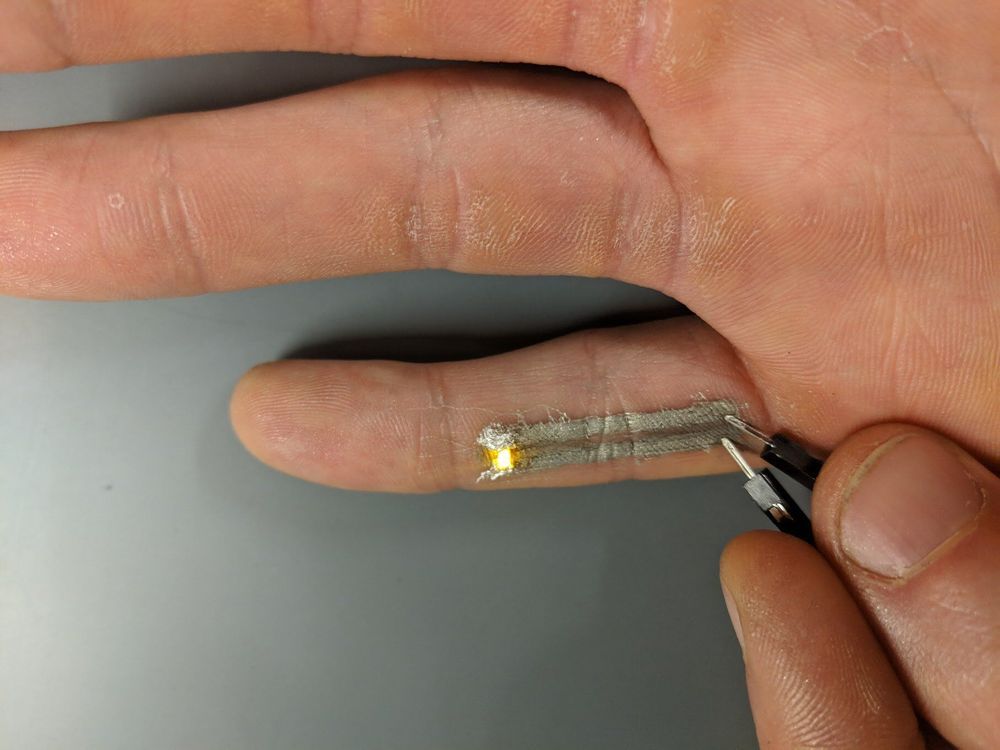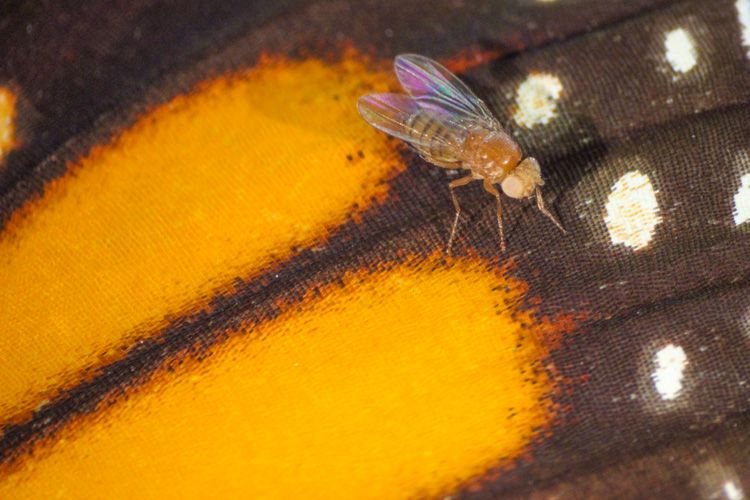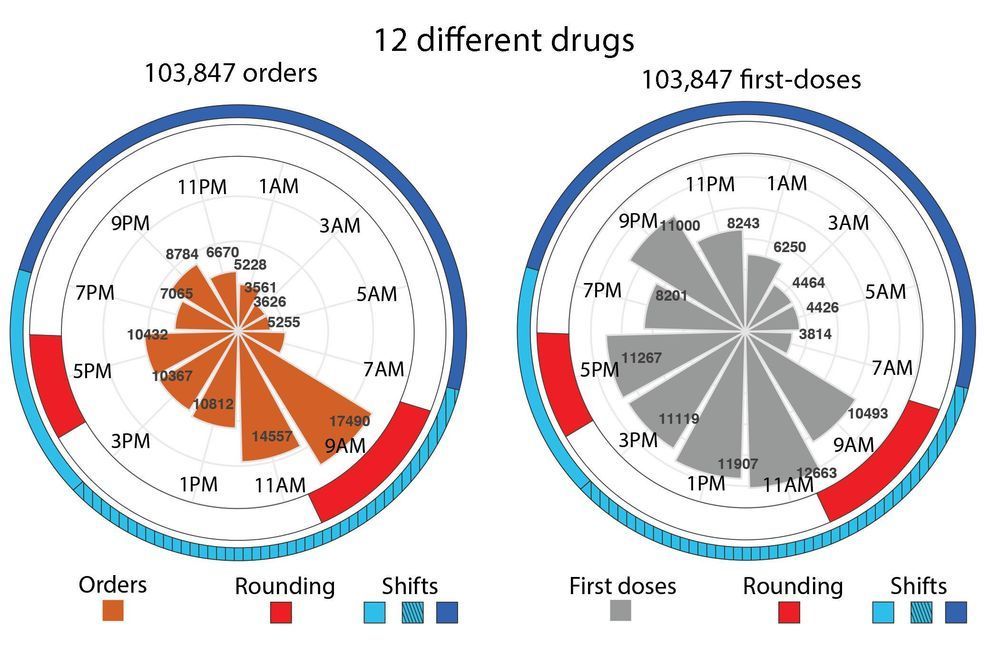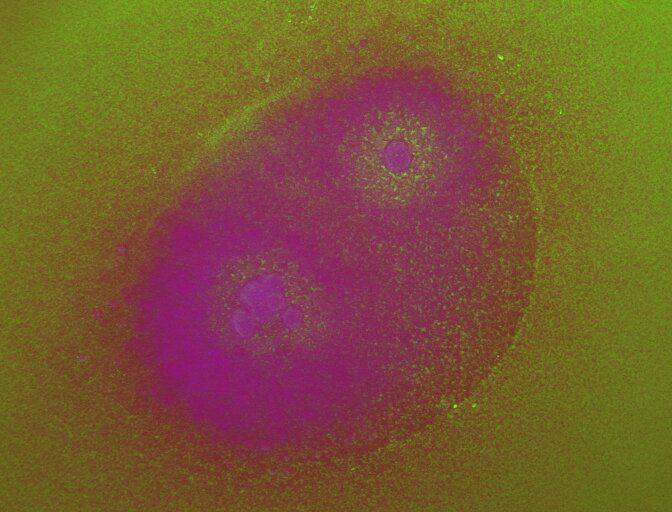A team of researchers from Baylor University, with assistance from staff at the Massachusetts Eye and Ear Infirmary, Harvard Medical School and the Dana-Farber Cancer Institute has developed and tested a smartphone app that is able to detect “white eye” in children by analyzing stored photographs. In their paper published in the journal Science Advances, the group describes how the app was developed and tested, and how well it works.
Most everyone has seen pictures of people seemingly possessed by the devil because their pupils glow red—this is caused by light bouncing off their retinas. However, such pictures sometimes produce white instead of red retinas. Sometimes it can happen due to ambient lighting conditions, but other times, it can indicate an eye ailment. Such problems can include retinoblastoma, a type of eye cancer, retinopathy, or even cataracts.
The idea for an app that could detect white eye came from the experience of one of the researchers, Brian Shaw, and his son, who developed retinoblastoma and subsequently lost an eye. The team developed the app and made it available to the public back in 2014, but it was not until more recently that the team decided to test the app to see how well it works.
